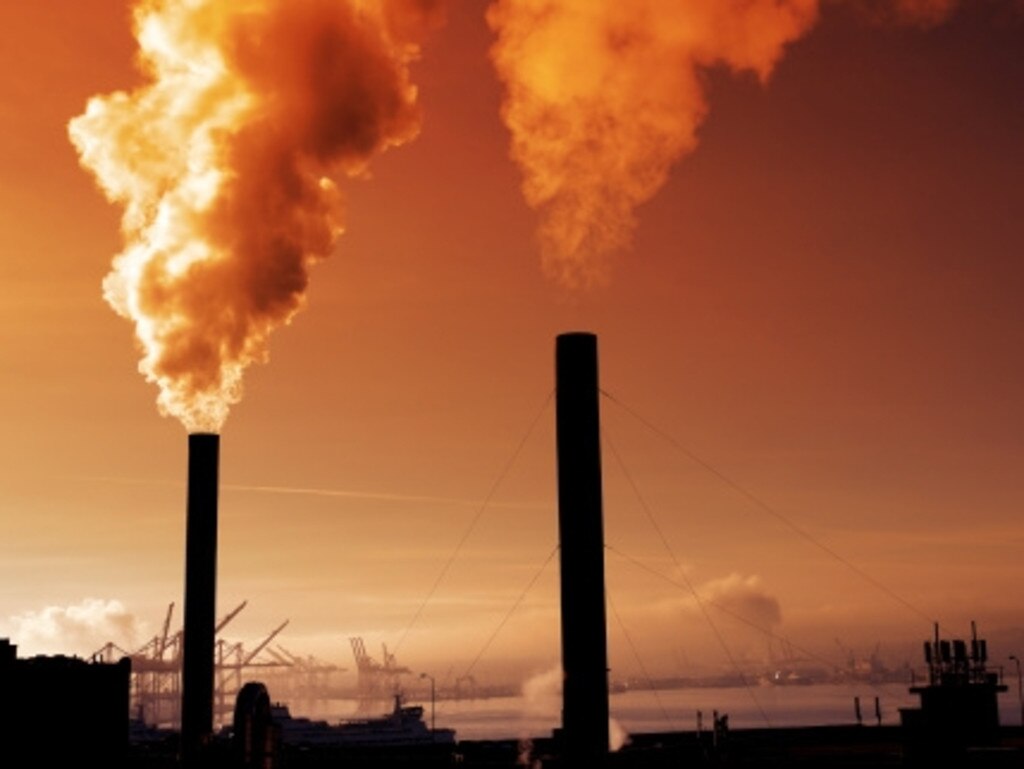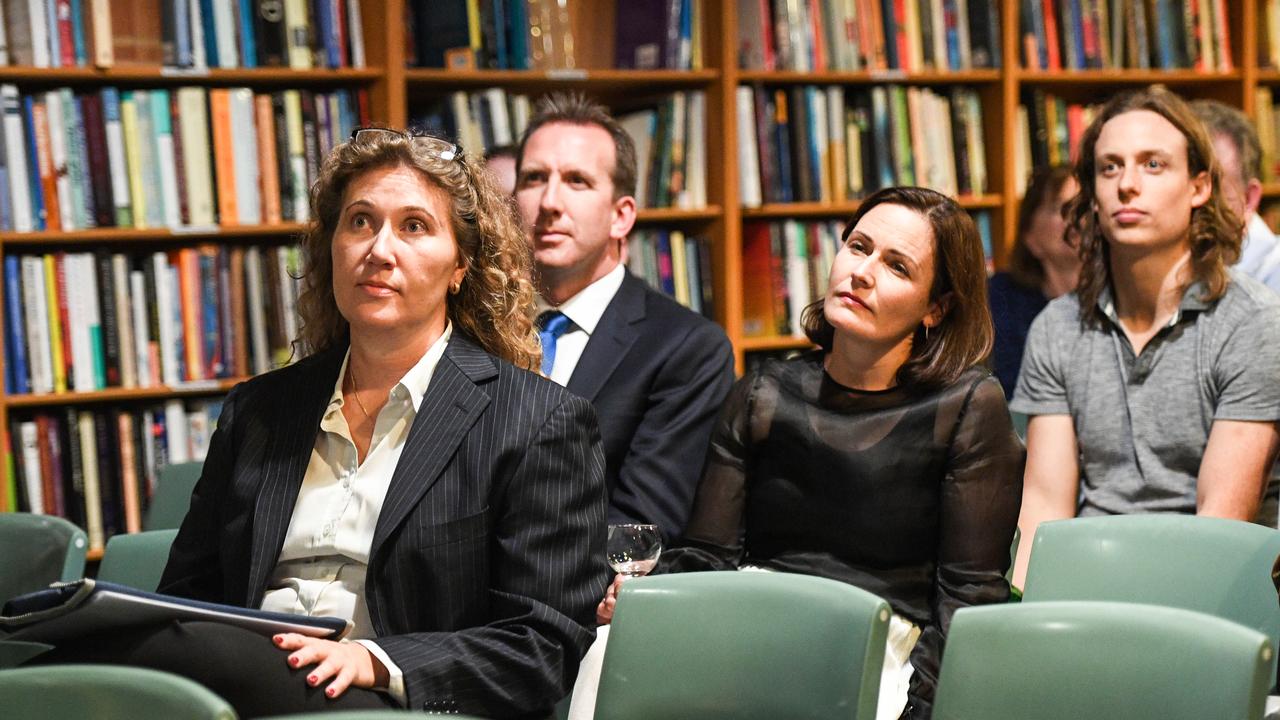Grand plans to save planet are enough to drive people mad
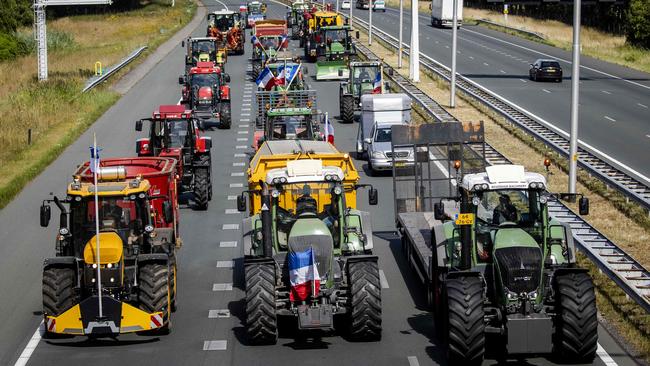
The disconnect between the global elite and the real world is growing by the day.
Most people are worn down by the pandemic, food and energy price rises and general inflation, and they are worried about recession. Yet the chattering classes are jetting into conferences at Davos or Aspen to declare that our biggest immediate threats are climate change, environmental disasters and biodiversity loss. This ignores most of our urgent crises.
Almost a billion people are at risk of starvation this year, exacerbated by climate-concerned opposition to fertilisers made with fossil fuels. More than a billion schoolchildren have missed out on an average of nine months of learning because of lockdowns, which will cost their generation $US1.6 trillion ($2.29 trillion) every year by 2040.
Millions in the rich world will die unnecessarily from undiagnosed cancer and heart disease ignored during Covid, while millions more in the poor world will die unnecessarily from malaria and tuberculosis, just as they always do.
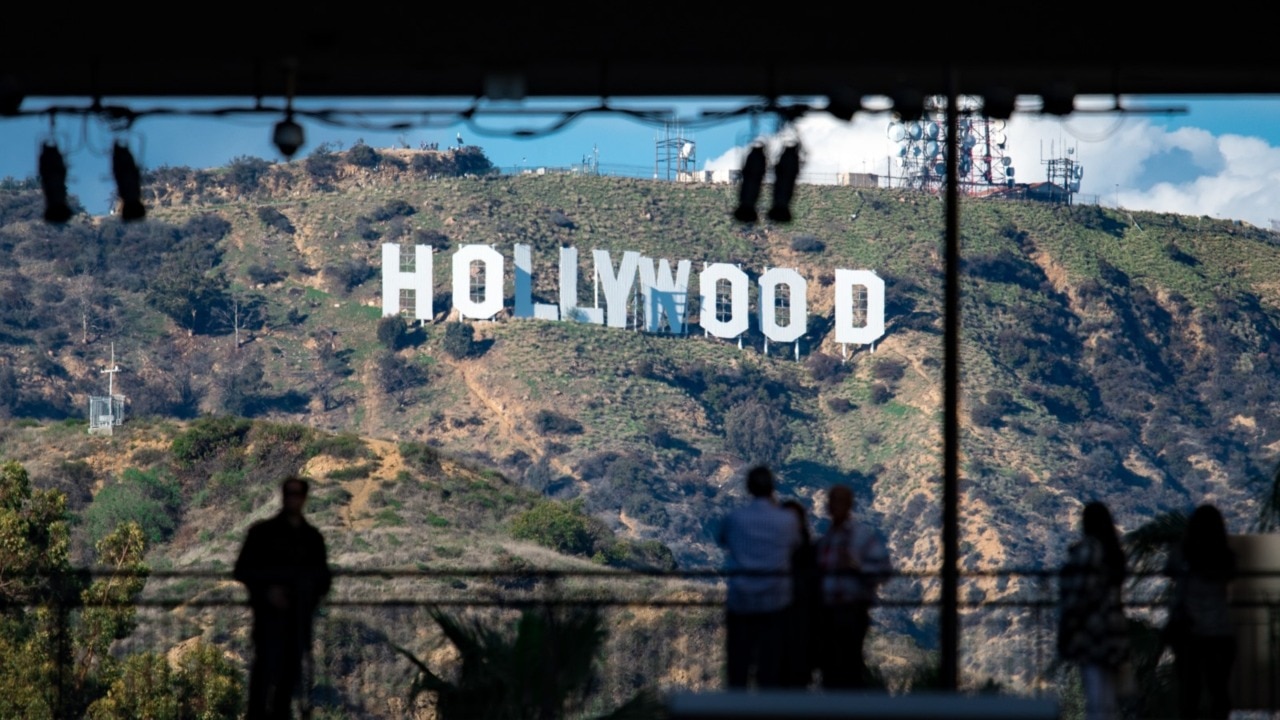
If you’re a wealthy, climate-concerned jetsetter with private health insurance and a recession-safe job, you don’t need to worry about malaria, recession, waiting in line for cancer tests or your children falling behind when schools close again. Nor are these the issues that will get you attention or airtime.
Solving the real world’s big problems is messy, and progress is slow and unspectacular. It is far more exhilarating to make grand promises to save the entire world by going net zero or abandoning synthetic fertilisers.
Climate change is a real, man-made problem that deserves attention. It is also wildly overblown in the media, with every weather “event” turned into a televisual catastrophe. Last year, newspapers overflowed with stories of devastating hurricanes. Yet 2021 had the fewest hurricanes globally since satellites started consistently monitoring the world in 1980.
Hundreds of deaths from heatwaves top the news for days, as in Europe just now, even though the data shows everywhere many more people – 4.5 million globally – die from cold temperatures, often because of a lack of heating exacerbated by high energy prices.
The costs of the climate and environmental policies pushed at establishment talkfests are quickly becoming unbearable.
For decades we have been told that ending fossil fuels is cost-free or even beneficial. Now we are starting to see the immense economic and security costs of such untethered promises. Early pushback came in France with the “yellow vest” protests.
The Netherlands has been roiled by protests since the government introduced policies that would decimate the agricultural industry in the name of the environment. The policies threaten the production of the world’s second largest food exporter right when global hunger is rising, yet the government is unable to change course because environmentalists have taken legal action to lock in the lopsided policies.
It is even worse in Sri Lanka. Egged on by elite campaigners and the World Economic Forum to go organic, the government banned synthetic fertilisers in April last year. Predictably, food production collapsed, and the currency defaulted. Large-scale protests from hungry and dissatisfied citizens who overran the presidential palace have now forced the resignation of the government.
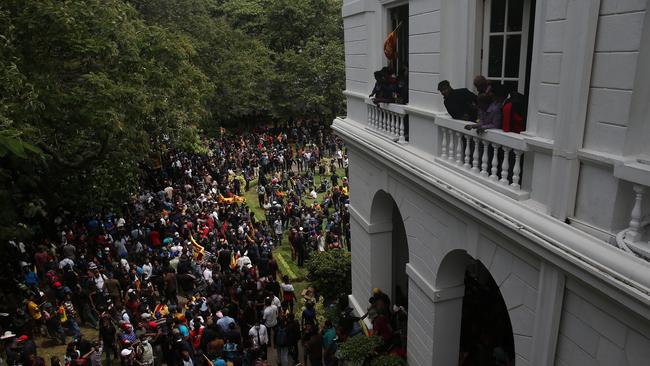
Solving many of these problems is not rocket science. The rich should stop making food more expensive by insisting on organics. They should stop making energy more expensive by dictating intermittent renewables. Instead, we should increase R&D into better seeds to deliver more food with a lower environmental footprint.
We should drive green energy breakthroughs that could make drastic CO reductions cheap and feasible. And we should include the many other urgent crises that have simple and effective solutions – for instance for tuberculosis and for securing much better learning in schools across the world with computer-assisted teaching at the right level.
Unfortunately, the elite instead seems to double down on climate and environment, and The Netherlands and Sri Lanka are then just warnings of what will come. Net zero will be the costliest policy the world has ever embarked on. The price tag just for paying for renewable assets and infrastructure alone will be more than $US5 trillion every year for the next three decades, according to McKinsey. This equates to more than one-third of the global tax intake.
For the US alone, one study shows that getting 80 per cent of the way to President Joe Biden’s climate promises by mid-century would cost each American more than $US5000 every year. Going all the way would likely more than double that cost.
Every year the EU has to pay €69bn ($100bn) just in subsidies to support its renewables. But if the bloc persists – or is forced by courts – with its even stauncher net-zero promises, this price tag could explode to more than $US1 trillion annually.
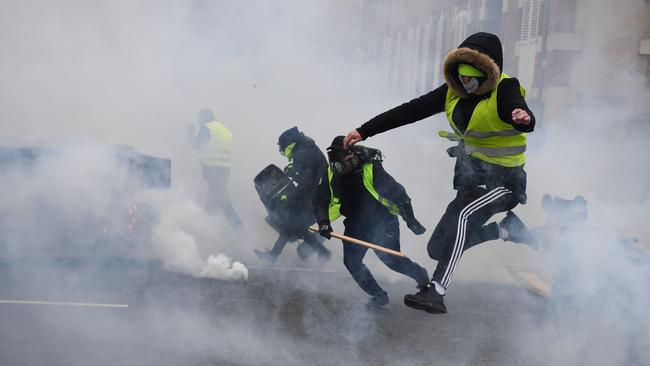
As in The Netherlands, governments are going to find themselves increasingly caught between environmentalists who use legal action to hold them to virtue-signalling vows, and working families who cannot cope with rising prices.
The wild increases in energy prices in Europe, although partly caused by poorly designed climate policies, are mostly due to Russia’s indefensible war. But the cost of energy could increase even more, every year, and for everyone across the globe, if politicians double down on net zero.
Even under today’s policies, EU vice-president and long-time climate action advocate Frans Timmermans admits many millions of Europeans may not be able to heat their homes this northern winter. This, he concludes, could lead to “very strong conflict and strife”. He’s right. When people are cold, hungry and broke, they rebel. If the elite continues pushing expensive policies that are disconnected from the urgent challenges facing most people, we need to brace for much more global chaos.
Bjorn Lomborg is president of the Copenhagen Consensus and visiting fellow at Stanford University’s Hoover Institution. His latest book is False Alarm: How Climate Change Panic Costs Us Trillions, Hurts the Poor, and Fails to Fix the Planet.

